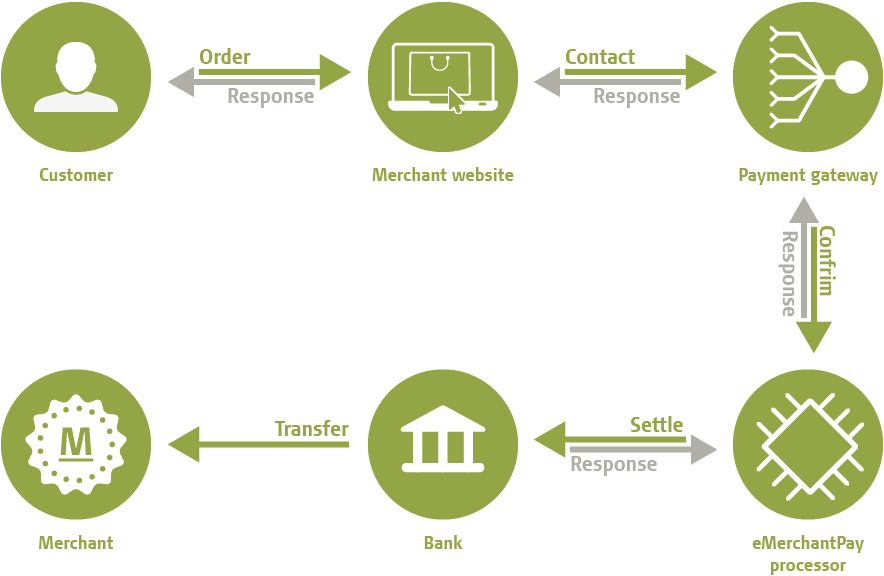What are Security Measures in E-commerce?
Here, we discuss about Security measures in E-commerce in detail as follows-

Do you have similar website/ Product?
Show in this page just for only
$2 (for a month)

0/60
0/180
What are Security Measures in E-commerce?

- While working with e-commerce the information is transmitted to the merchant which includes credit card number, personal details etc. The merchant server sends it to the issuing bank for authorisation through payment gateway.
- All these information occur on Internet, which is public network. So there are high chances that the unauthorized user may read credit card number during all these transactions and misuse later on.
- There are also chances of information might get changed in between e.g. customer has ordered for 50 quantities but merchant receives 5000 quantities.
- So to make the e-commerce secure we have to look at the following aspects.
- Security has become more and more important as the volume of data being exchanged on the computers and Internet increases. Security measures like encryption and decryption are required to protect data during transmission. Following security principles should be satisfied during transmission of data that is -
- Confidentiality
- Integrity
- Authentication
- Non-repudiation
- Confidentiality: Confidentiality means that the sender and the receiver expect privacy. It specifies that only the sender and the intended recipients should be able to access the contents of a message. It refers to the secrecy of the information so that unauthorized person can not read it. It is achieved by using cryptography in which all the messages transmitted among all the parties involved in encrypted form and receiver only can read it after decryption using appropriate key.
- Integrity: Integrity means that the data must arrive at the receiver exactly as they were sent. There must be no modification during the transmission, neither accidently nor maliciously.
- Authentication: In authentication the receiver needs to be sure of the sender's identity. We can provide user ID and password to every user. We can store the information in such a fashion, so that it is not visible to users who do not have the right permission.
- Non-repudiation: Non-repudiation means that a sender must not be able to deny sending message that he or she, did send. For eg- when a customer sends a message to transfer money from one account to another, the bank must have proof that the customer actually requested this transaction.
CONTINUE READING
What are Security Measures in E-commerce?
Security Measures in E-commerce
Confidentiality
Integrity
Authentication
Non-repudiation
Security in E-commerce.
Kinnari
Tech writer at NewsandStory
